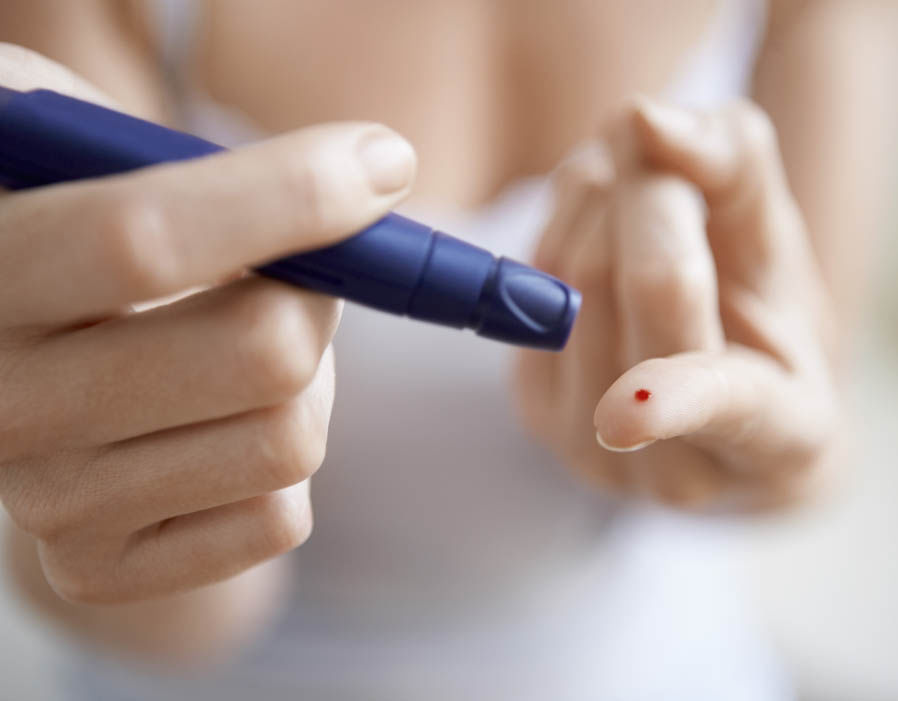 GETTY
GETTY
Diabetes information: James Norton has spoken about suffering from type 1
Diabetes is a normal problem in the UK, however those with type 1 make up just ten per cent of sufferers.
One of them is James Norton who was identified with the condition ten years ago.
The 32-year-old actor, best known for his parts in Granchester and the BBC’s adaptation of War and Peace – and who is rumoured to be the next James Bond – recently articulate about how the diagnosis has affected his career and lifestyle.
He told the Daily Telegraph: “It’s inviting being on stage or on set because your body is full of adrenaline and that screws up your sugar.
 GETTY
GETTY
Diabetes news broadcast: The actor has revealed a co-star thought he had fallen into diabetic astonish
I have to anticipate it at the beginning of the show and make sure my sugar au fait withs are going up or are at least stable
“Particularly when I’m on stage for a full hour and a half.
“I have to anticipate it at the onset of the show and make sure my sugar levels are going up or are at least steady.”
Type 1 diabetes affects sugar levels by causing them to take up arms too high in the bloodstream.
It is usually spotted at a young age, but Norton revealed he was 22 when he was asseverated he had it.
 GETTY
GETTY
Diabetes news: Norton sews sugar slabs into his costumes
Type 1 usually runs in families, and both Norton’s mother and sister demand the condition too.
As well as injecting insulin several times a day to help actuate sugar from the blood into other body tissues, he ensures he has immediate access to sugar during a play should he need.
“In period extemporizes, I’ve had to stitch little pockets in my costume for sugar tablets,” he said.
Norton debauched that he was once given a fizzy drink in a teacup in the middle of a work together because a co-star thought he was falling into diabetic shock.
Diabetic horrify – or hypoglycaemia – happens when there is too much insulin in the body.
 GETTY
GETTY
Diabetes report: A sign of type 1 could be excessive thirst
If left untreated it could initiate to a diabetic coma, brain damage or death.
Symptoms of type 1 group feeling very thirsty, tired, losing a lot of weight and passing urine uncountable often than usual.
According to the NHS, they usually develop hugely quickly in young people over a few days or weeks.
However, in adults they cope take several months to develop.





